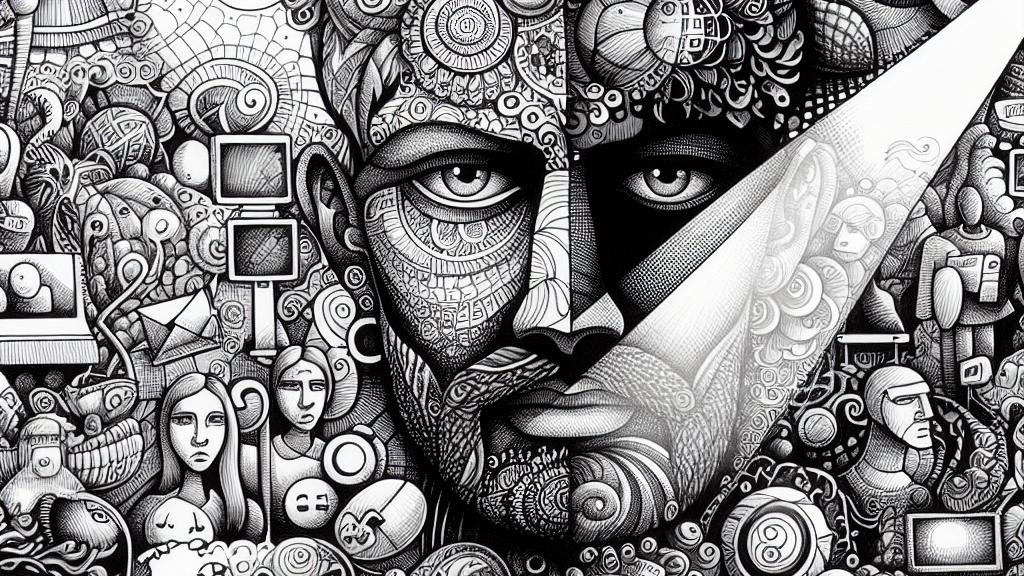Understanding the Issues Surrounding Cultural Sensitivity and Representation
Overview
- Cultural sensitivity is essential in today's media landscape.
- Misusing cultural contexts can lead to significant misunderstandings.
- Recognizing the implications of narratives can reshape societal perceptions.

The Importance of Cultural Sensitivity
Cultural sensitivity is not only important; it's crucial in today's globalized media landscape. Recent discussions in Japan about writer Miyuki Ono highlight this point brilliantly. Her comments, which linked her friendships with Black individuals to the promotion of the controversial 'Rance series,' sparked outrage. Many people found it deeply offensive that such a personal connection would be used to market content associated with troubling themes. For instance, many felt that, by trivializing racism, Ono risked diminishing the serious nature of these social issues. Ultimately, this situation serves as a vital reminder for creators: understanding cultural contexts is not just a box to check—it's a responsibility to engage thoughtfully with the world.
The Consequences of Misrepresentation
When Ono talked about her friendships as a defense against accusations of racism, the backlash was immediate and intense. Critics argued that such statements can perpetuate harmful stereotypes, automatically equating certain demographics with negative portrayals. Picture this: a young viewer accessing content that fails to honor the complexity of cultural identities might absorb misleading impressions. This serves to reinforce harmful generalizations, impacting societal attitudes. Take literature or movies that attempt to depict various cultures—if done without authenticity, they risk contributing to stereotypes instead of fostering understanding. Thus, Oni's situation becomes more than an individual incident; it encapsulates a broader dialogue about how media representation shapes perceptions and actions in real life.
The Call for Accountability in Creative Narratives
Moreover, creators have a profound obligation to engage with issues of race and representation with diligence. Ignoring these responsibilities can not only alienate audiences but also reinforce damaging narratives that continue to affect marginalized communities. The uproar stemming from Ono's statements amplifies the urgency of this conversation. Engaging with diverse voices and actively considering their stories is imperative. Imagine the impact if all creators committed to understanding the experiences of the communities they represent—it's about cultivating empathy. This becomes a call to action for all involved in storytelling, be it through film, literature, or gaming. Take the time to listen, learn, and reflect, because the narratives we craft can either bridge divides or create them.

Loading...